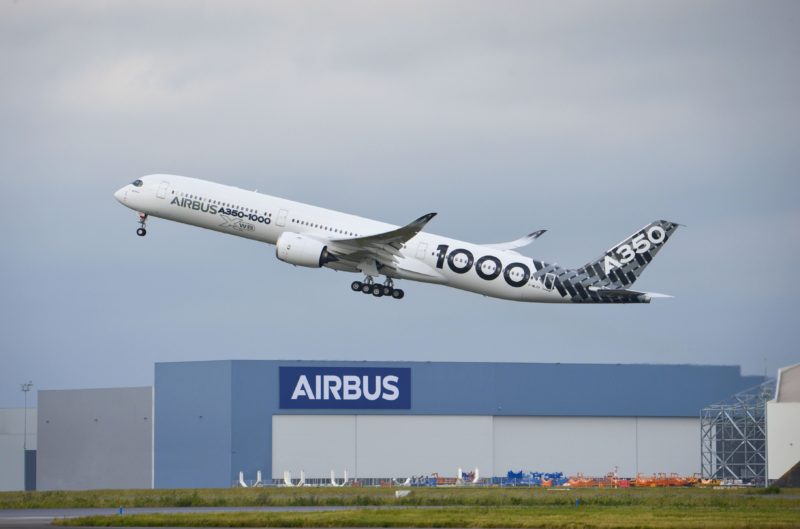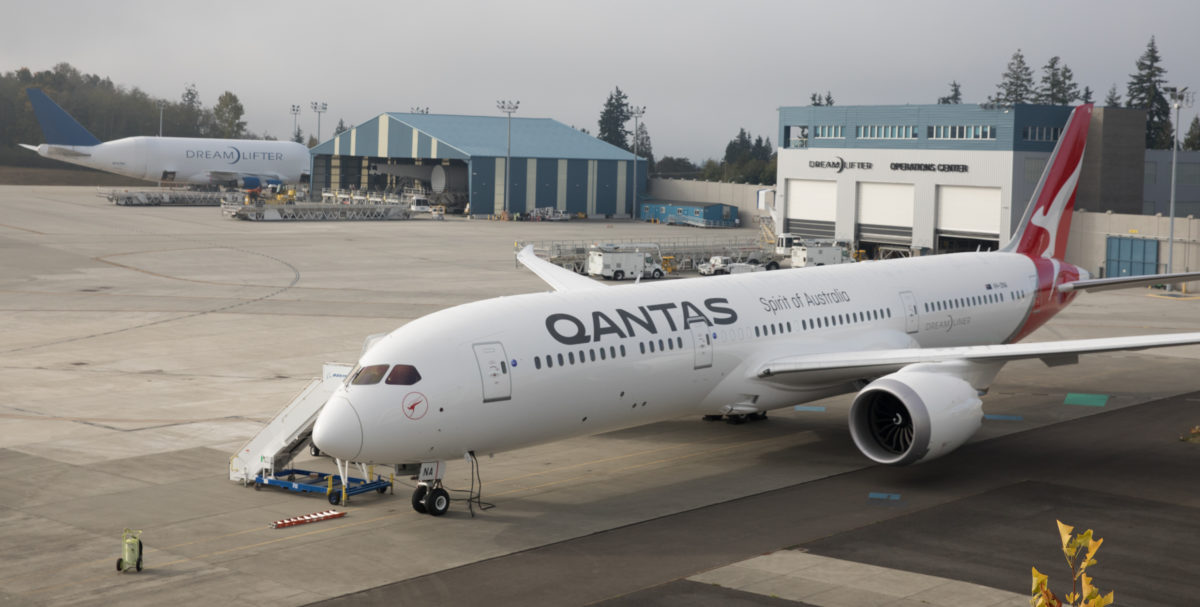As Project Sunrise efforts continue and aircraft evaluation enters the final stages, Qantas has turned their backs on Airbus and Boeing and declined their first round of offers
Aiming to fly from Sydney and Melbourne to London and New York, Qantas has been assessing the Airbus A350-1000 and Boeing 777X for years now; hoping to receive an aircraft capable of operating the ultra long-haul routes.
However during the first round of final offers from Airbus and Boeing, submitted in August, Qantas declined, saying the manufacturers need to significantly reduce their prices for the business case to work.
With that made clear to Airbus and Boeing, they were sent on their way by Qantas who is now eagerly waiting to hear back to see what further pricing deals can be achieved.

But price isn’t everything to Qantas. This long-haul dream is more than purchasing an aircraft with enough range; it is also about purchasing an aircraft that can operate in a “what if” scenario, where the Project Sunrise flights might not be operating in the future.
Whatever aircraft is chosen will be flying for Qantas for more than 20 years, so the flexibility, technologies and conditions that make up a “future proof” airliner are all being looked at closely.
If the business case doesn’t stack up, with Airbus and Boeing not being able to submit an aircraft with acceptable conditions, then Qantas isn’t afraid to pull the plug, or at least suspend the project.
Where Qantas has extreme leverage is in their location and reputation. As one of the most highly-regarded airlines in the world, and being the mainline operator for Australia, when Qantas wants something they get it and it is always a significant deal.
For Airbus and Boeing winning a Qantas order, even a small one, displays a significant sign of confidence in their products and the decisions are covered around the world.
The two out of the three research flights operated by a Boeing 787-9 Dreamliner have proven incredibly successful, telling the airline and the world that these flights can be done and the demand is there; but without cheap acquisition costs for aircraft and insufficient foundations for such flights, then no reason exists to launch them.
Sam Chui was on the London Heathrow to Sydney non-stop research flight, which you can read about and watch here:
As well as aircraft Qantas also needs to gain approval from aviation regulators to operate these flights, as pilots and cabin crew will be performing up to 24 hour work days.
Aircraft technical performance and engine durability are among the other factors Qantas is working with suppliers on.
2023 is Qantas’ targeted date for these flights to begin commercial operations; however with 777X delays hammering Boeing, this time could change depending on what aircraft manufacture is selected.
However, with Air New Zealand’s announcement of Auckland to New York non-stop, Qantas is eager to retain their competitive long-haul operations, with a hopeful eye for a successful Project Sunrise launch.
“I have no problem… in saying ‘we gave it a good try but it didn’t work’.”
Alan Joyce, CEO of Qantas – via the Sydney Morning Herald
What are your thoughts on this scenario?


